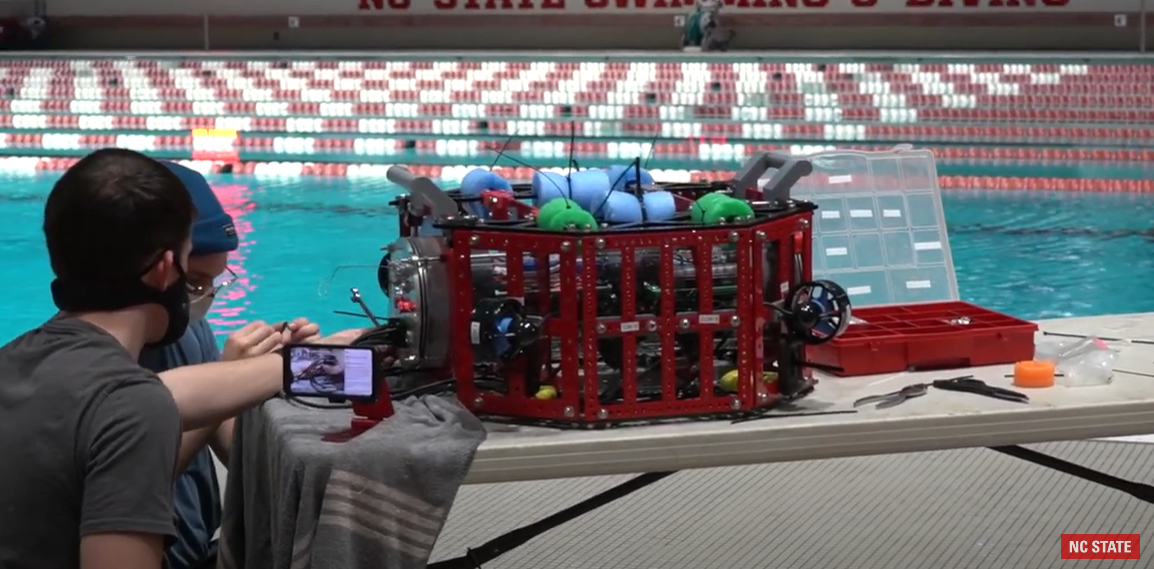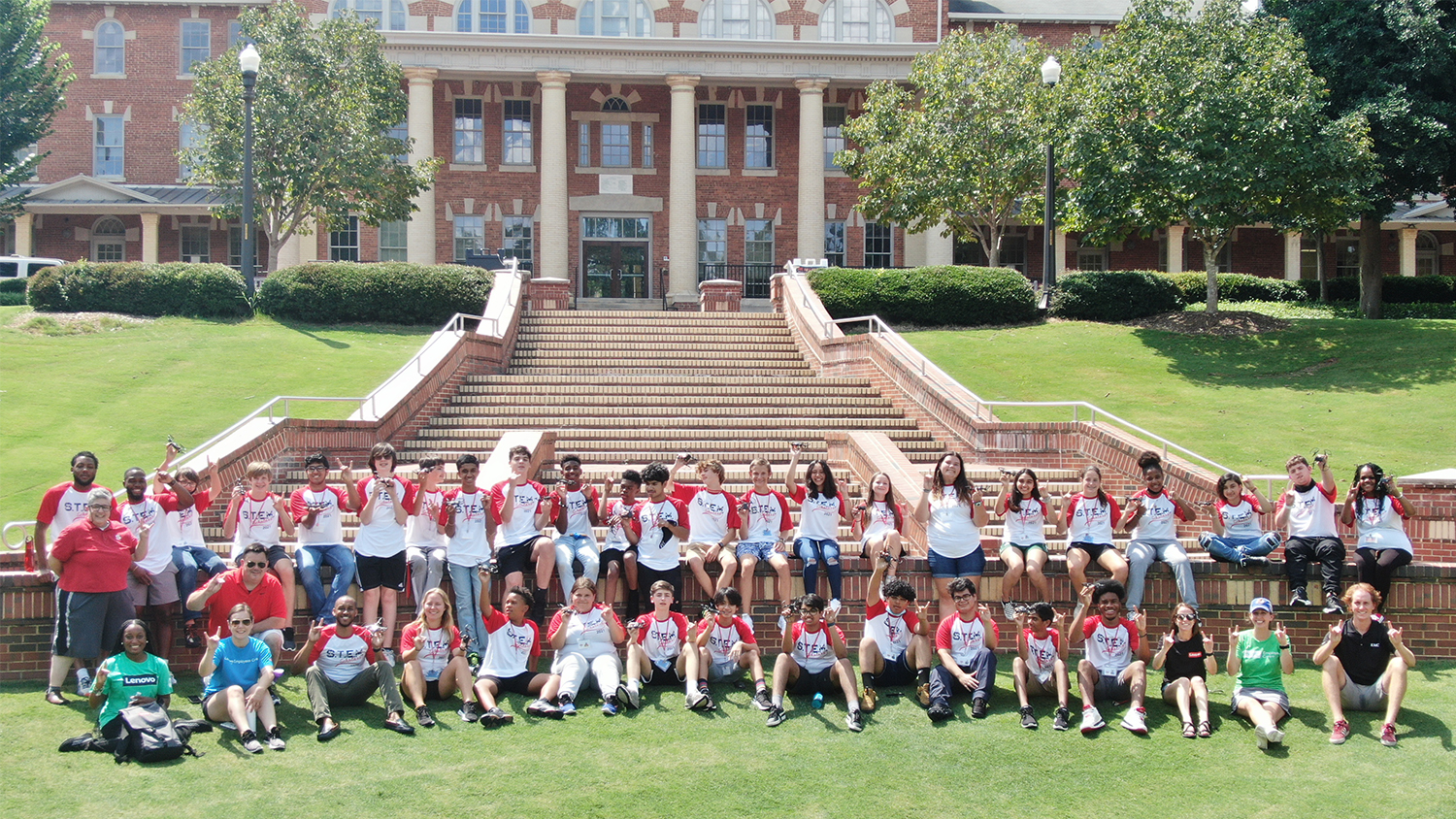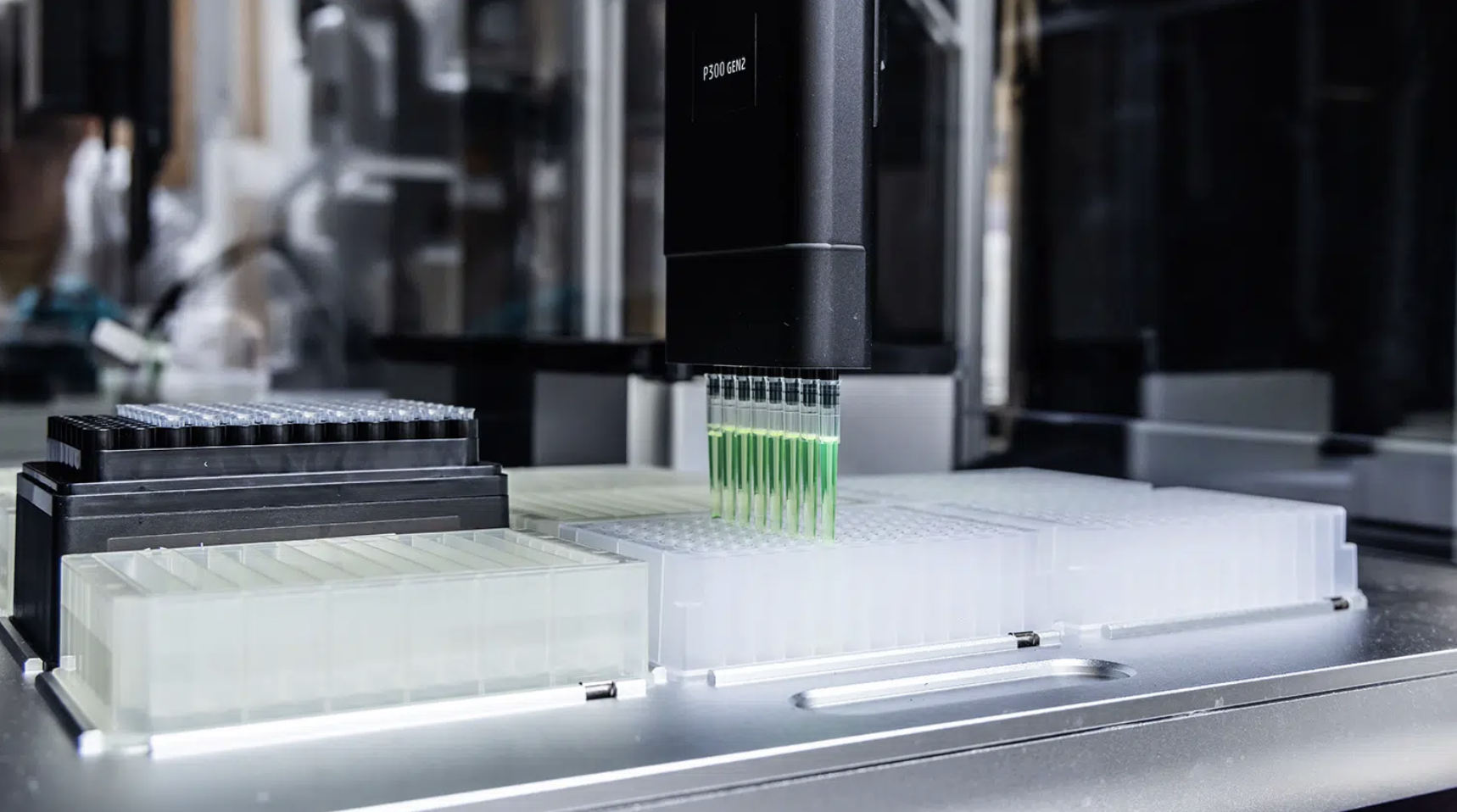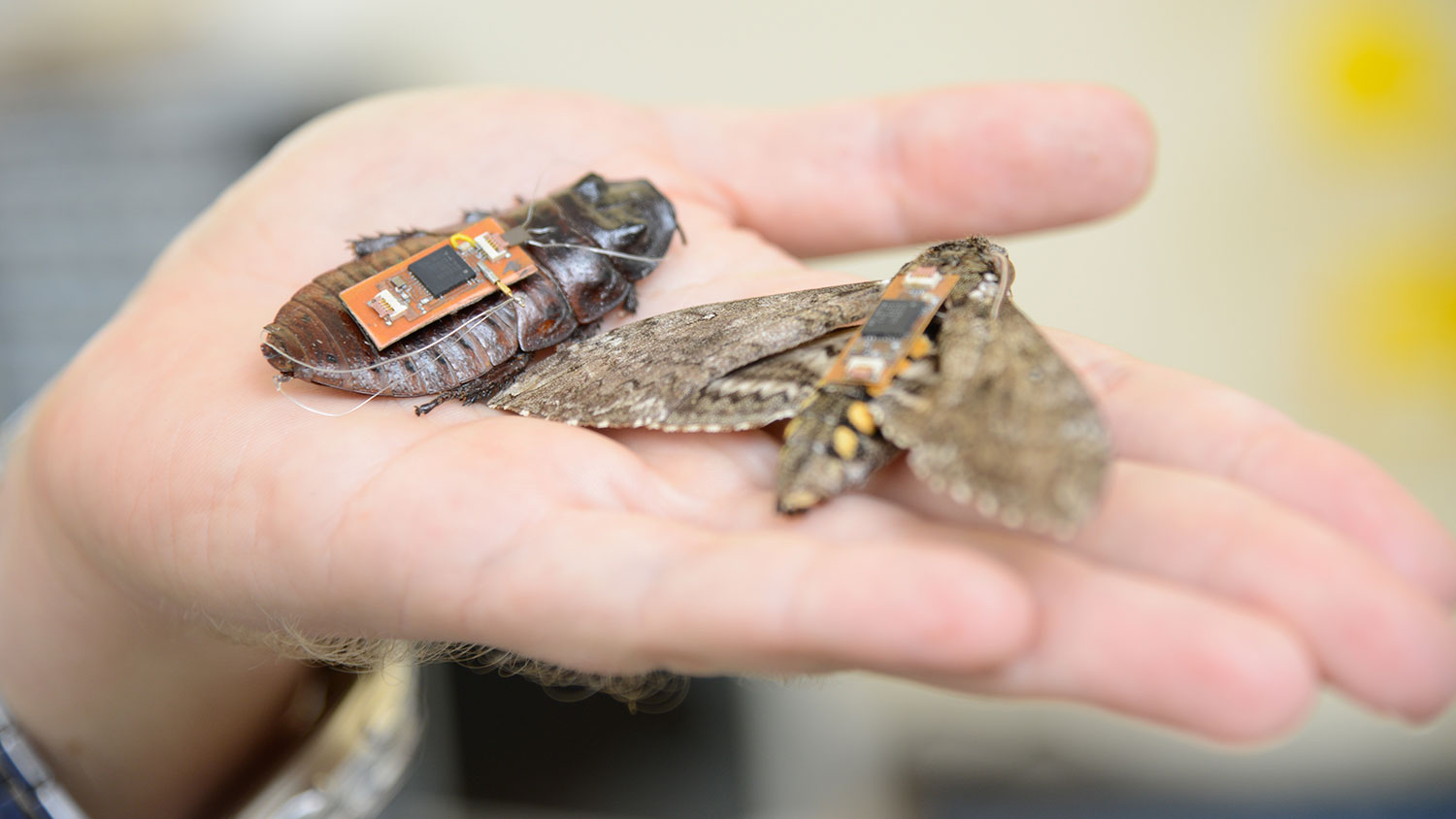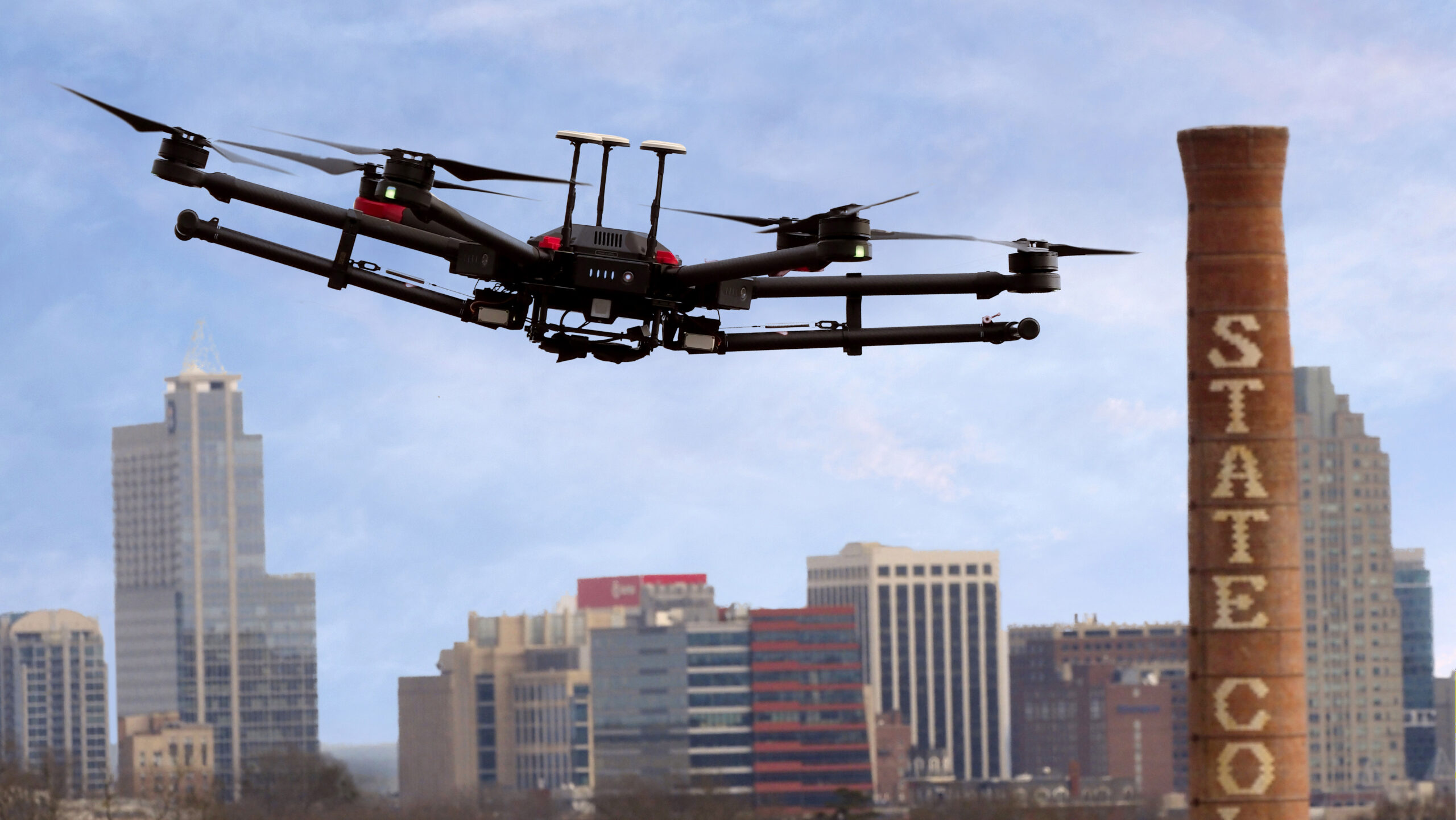
Autonomous Systems
At NC State, we are creating the future of robotics and autonomous technologies. With broad engineering and computer science capabilities, expertise in sensors and an understanding of the implementation in the field, we work every day on designing the systems that will shape what lies ahead.
Developing Energy-Harvesting Underwater Vehicles
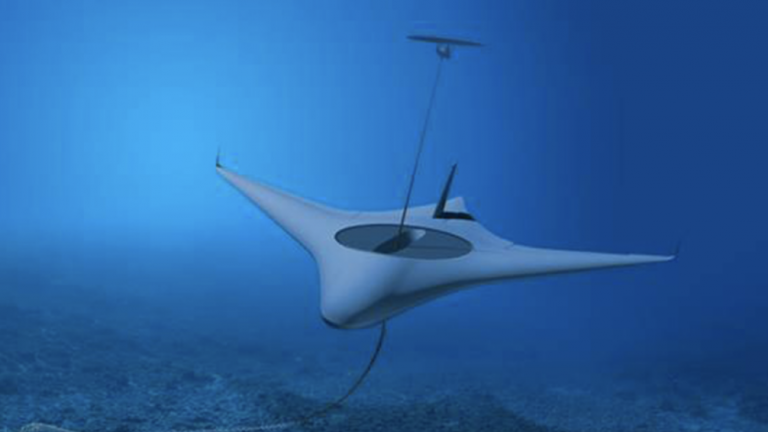
Centers, Institutes, Labs and Facilities
Intelligent Structures and Systems Research Lab (ISSRL)
iSSRL focuses on enabling novel dynamic and mechatronic systems for energy, aerospace, actuation, and control applications.
Control and Optimization for Renewables and Energy Efficiency (CORE) Lab
The CORE lab specializes in the application of advanced optimization and control algorithms to emerging problems in renewable energy and energy efficiency.
Engineering Mechanics and Space Systems Lab (EMSSL)
EMSSL focuses on applying the engineering principle of dynamics to a variety of transportation vehicles, including those used in underwater and space exploration.
Institute for Transportation Research and Education (ITRE)
ITRE works across various modes of transportation to provide capacity and expertise for municipal, state, federal, and international clients to address critical transportation issues. They conduct surface and air transportation research, training, and technical support activities.
Self-Driving Fluidic Lab
Multidisciplinary research group primarily focused on studies of autonomous flow chemistry strategies to accelerate the discovery, development, and manufacturing of advanced materials and molecules. Self-driving fluidic labs can accelerate efforts toward meeting a rapidly growing global energy demand while preserving the environment. This lab studies the fundamentals of process intensification using microreaction engineering concepts and principles of “smart” manufacturing.
Active Robotic Sensing (ARoS) Laboratory
The ARoS lab focuses on the development of tools for the fields of pattern recognition, estimation theory, and statistical and topological data analysis in order to solve problems in the areas of wearable health and environmental monitoring, robotics and computer vision.
Education
Department of Electrical and Computer Engineering (ECE)
As the only engineering department in the nation home to two concurrent NSF Engineering Research Centers, one of three NSF Platforms for Advanced Wireless Research Initiatives, the home of the Department of Energy’s PowerAmerica institute, leaders of the only North America IBM Q Hub, and home to a world-class Nanofabrication Facility, ECE is ranked among the top academic units engaged in scientific research in the U.S.
Department of Mechanical and Aerospace Engineering
MAE trains mechanical and aerospace engineers to solve society’s most difficult problems in areas such as renewable energy, autonomous transportation, advanced manufacturing, automobile engineering, propulsion systems and more. Students have the opportunity to develop, innovate and design robots, satellites, prosthetics, manufacturing methods, new novel engineering tools, and everything in between.
Research Partners: Robots, Soldiers and Scientists


